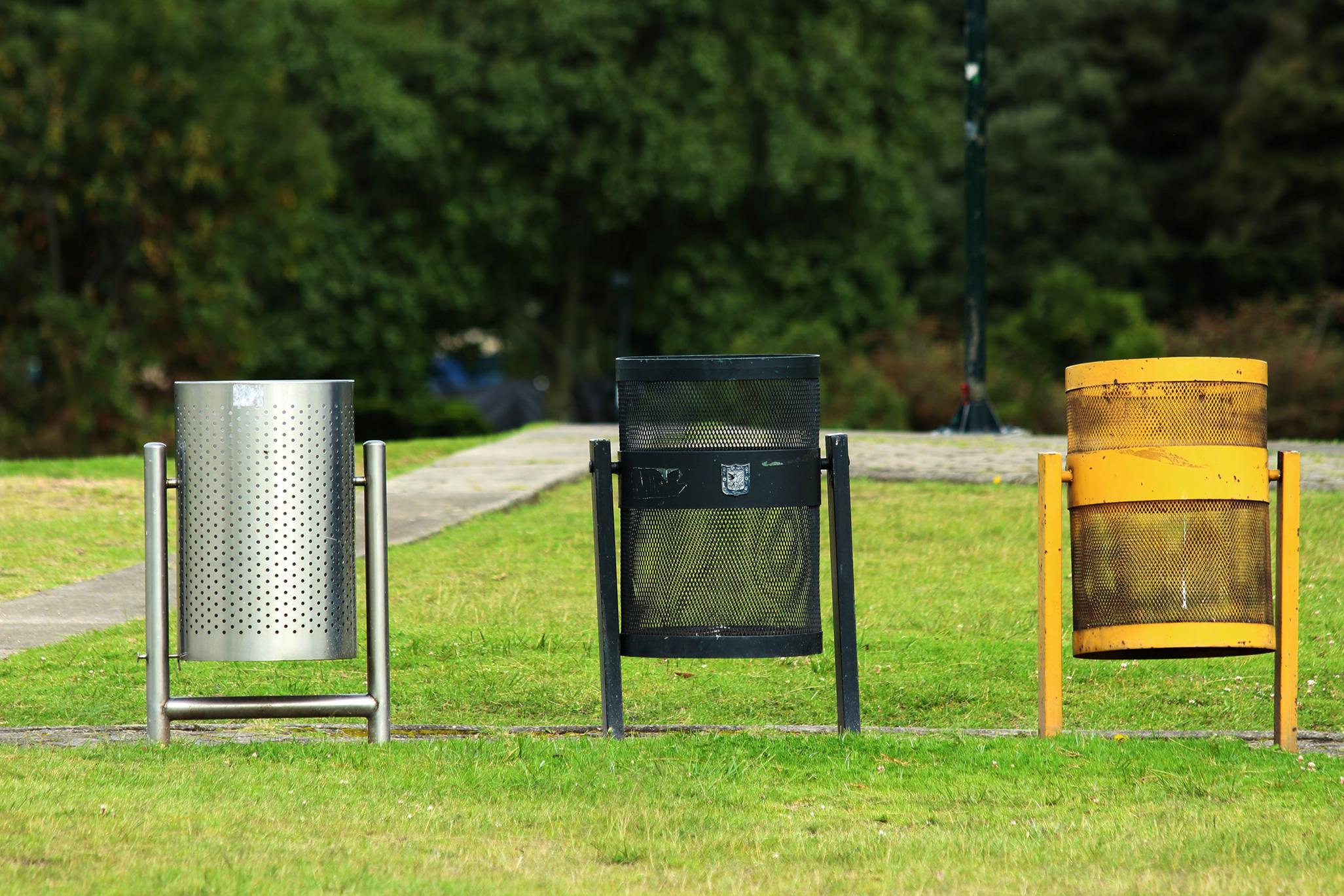Ignasi Puig Ventosa | ENT
I have a teenager at home, which means there aren’t many opportunities to have the possibility of a quiet conversation, myself always being less interesting than Instagram or some TV series… I can’t recall why, but in one of those rare conversations, we were discussing “bullshit jobs”.
The concept of “bullshit jobs” was created by David Graeber back in 2013, and I came across it not long after that. Although the concept was further elaborated in 2018, [1] in a sentence, a “bullshit job” is a meaningless job, a job that would not be necessary if everyone did what they were supposed to do.
Policemen, prison guards, controllers and bureaucrats of different kinds, doctors taking care of problems related to smoking or unhealthy habits, etc. Most of them have “bullshit jobs”.
-How sad it has to be to have a “bullshit job”. -I said.
And then she said: -Dad, yours is also a “bullshit job”.
Oh, hell! I had never thought that, actually, most jobs in the environmental sector are also “bullshit jobs”: people monitoring emissions, or decontaminating soils or waters that should have never been contaminated, or working on ecolabels or environmental audit systems, or the hordes of professionals fighting against climate change, the hole in the ozone layer or acid rain, etc. If people did what they should do, none of these would be necessary…
A few of us at ENT are mainly dedicated to waste management. We design -seemingly rather unsuccessful- strategies to prevent waste that comes from products that are probably unnecessary, we struggle to deal with products that should not be in the market in the first place, we design costly and oversized collections of residual waste, we design or prescribe complex sorting plants that try to separate materials from waste that should never have been co-mingled, we design extended producer responsibility schemes to transfer to producers responsibilities that should had never been externalised, we support actions against marine littering, etc.
Again, none of this would be necessary if people did what it takes: in this case, avoiding superfluous consumption and production, and unnecessary waste generation, avoiding mixing waste and littering, paying for their own costs, etc.
Why people do not do this is a crucial question, but entirely out of the scope of this brief article.
I guess that while people continue to have all these meaningless attitudes, our “bullshit jobs” still will have some meaning.

